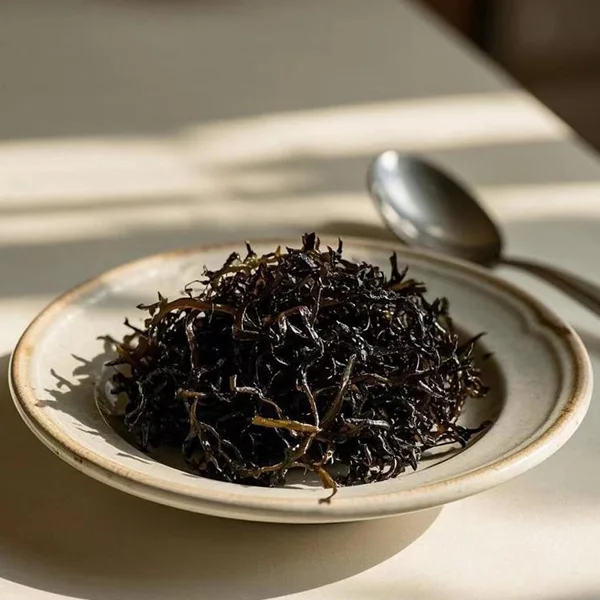Hijiki seaweed, a traditional food in Japanese cuisine, has been enjoyed for centuries for its rich flavor and impressive nutritional profile. This dark, thread-like sea vegetable grows along the rocky coastlines of East Asia and is especially popular in dishes such as seaweed salads, soups, and stir-fries.
In recent years, hijiki has gained growing attention from health-conscious consumers and nutritionists worldwide. Here are the top 7 health benefits of hijiki seaweed that make it worth adding to your diet.

1. Rich in Dietary Fiber
Hijiki seaweed is an excellent source of dietary fiber, which promotes healthy digestion, helps regulate blood sugar levels, and can support weight management. A fiber-rich diet is essential for maintaining gut health and preventing constipation.
2. High in Essential Minerals
One of the standout features of hijiki is its mineral content. It is particularly rich in calcium, iron, and magnesium. Calcium helps support bone health, iron is essential for oxygen transport in the blood, and magnesium contributes to muscle and nerve function.
3. Supports Thyroid Health
Hijiki contains naturally occurring iodine, a mineral crucial for proper thyroid function. The thyroid gland relies on iodine to produce hormones that regulate metabolism, energy, and overall hormonal balance. Including iodine-rich foods like hijiki can help maintain a healthy thyroid.
4. Low in Calories, High in Nutrients
Hijiki is low in calories but packed with micronutrients, making it a nutrient-dense food. This means you get a lot of nutritional value without consuming excess calories—a perfect addition to low-calorie or plant-based diets.
5. Boosts Immunity
With its antioxidant properties and mineral-rich profile, hijiki supports immune function. Nutrients like zinc and vitamin C (often found in seaweed blends) play a role in protecting the body from infections and inflammation.
6. Helps in Detoxification
Seaweeds like hijiki are known for their natural ability to bind to heavy metals and toxins in the body and assist in their elimination. Including hijiki in your diet may support gentle, ongoing detoxification.
7. Promotes Heart Health
The fiber, potassium, and antioxidant content of hijiki can contribute to lower blood pressure and improved cholesterol levels. Regular consumption of seaweed has been associated with a reduced risk of cardiovascular disease in some studies.
Why Choose Quality Matters: Sourcing from Trusted Producers
When adding hijiki to your meals, it’s important to choose high-quality, responsibly sourced seaweed. Weihai Chengyuan Marine Biotechnology Co., Ltd., based in China’s coastal city of Weihai, is a leading enterprise specializing in the cultivation, production, and processing of premium seaweed products. Their product line includes dried wakame, kelp, hijiki (also known as yongxicao), and seaweed salad—all crafted with a focus on quality, freshness, and food safety.
With years of expertise and advanced processing technology, Weihai Chengyuan ensures that its hijiki seaweed retains its natural flavor and nutritional value, making it a reliable choice for health-focused consumers and food brands alike.
Conclusion
Hijiki seaweed is more than just an exotic culinary ingredient—it's a nutritional powerhouse with numerous health benefits. From supporting digestion and thyroid function to providing essential minerals and antioxidants, hijiki deserves a place on your plate. Just be sure to source your seaweed from reputable companies like Weihai Chengyuan Marine Biotechnology Co., Ltd., ensuring safety, quality, and sustainability in every bite.
www.shandongwakame.com
Weihai Chengyuan Marine Biotechnology Co., Ltd.